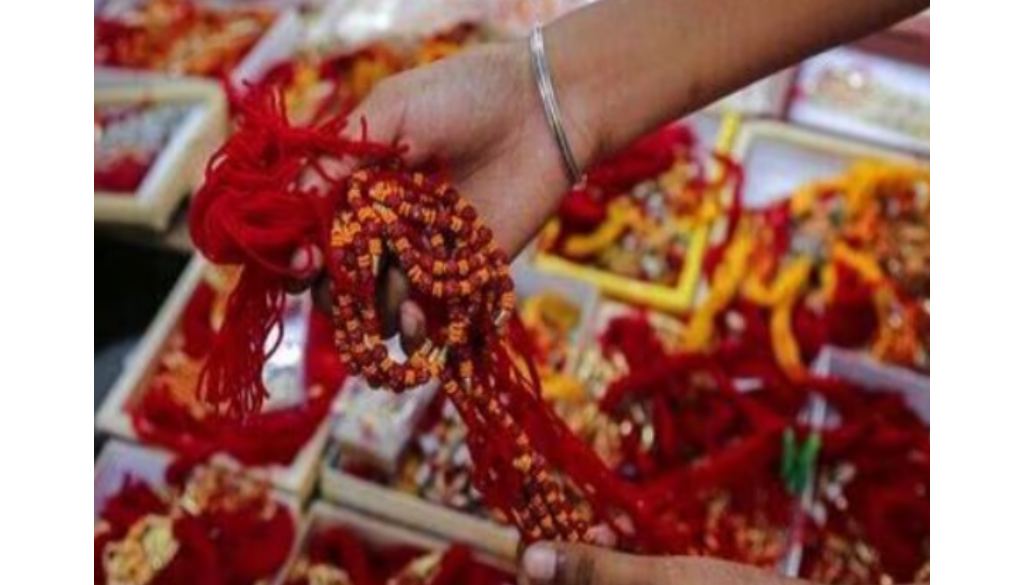New Delhi, 13th September 2023, : The amount of money Indian customers spent during the Rakhi Festival week this year increased by 11% compared to the festival in 2022. The average order value was INR 2,055. Admitad’s affiliate network analyzed over 400k orders across more than 350 brands to understand how customers behaved during Rakhi holidays last year, and how they changed their preferences this year.
It can be seen that during the holiday week, many more people in the country chose to stay at home and shop using their computers – the percentage of mobile orders was only 45%. In comparison, during the recent Independence Day it reached 69%, and on average during the “quiet period” – 48%.
What was purchased during the festival?
Up to 40% of orders this year were made on marketplaces – their influence has increased significantly since last year. The number of orders from major marketplaces during the festival jumped by more than 50%. This could be expected, because many leading marketplaces prepare special sales, promotions and coupons for each holiday, and thus can maximize conversion among their customers.
25% of all orders during the festival were for clothes, shoes and accessories – the number of purchases in this category increased by 16% compared to last year. Next came beauty products with 8.5% of purchases. 6% of orders went to the category of home goods and 4% to food delivery. Interestingly, the number of food and grocery orders at Rakhi Festival more than doubled compared to last year and this category was one of the leaders in terms of purchase growth.
What attracted the shoppers?
Speaking on the report, Neha Kulwal, Managing Director, APAC and India, Mitgo said, “According to Admitad’s calculations, this year’s leaders in attracting orders during the festival were cashback services – they accounted for up to 26.6% of all orders. Interestingly, their popularity has almost doubled compared to the Rakhi Festival last year. Apparently, the major players in this market have put a lot of effort in preparing promotional campaigns this time.”
17% of the orders were brought to brands by content platforms and online media, which traditionally prepare reviews of the best gifts, dishes and ways to spend the festival. Indian shoppers do indeed pay attention to such articles, click on the links in them and buy the recommended products.
Another 10.5% of orders came from coupon services, 10.3% from contextual advertising, 7.5% from affiliate stores, 6.7% from mobile applications, and 6.5% from loyalty programs.
The latter, by the way, were much more influential during the festival period than last year. Purchases based on recommendations of loyalty programs this year during the festival increased many times over. This trend, coupled with a significant increase in sales on marketplaces and through cashback services, makes one think that earlier big companies did not pay enough attention to Rakhi Holiday, but in 2023 they have fully included it in their agenda and made thorough preparations to spur user activity.
